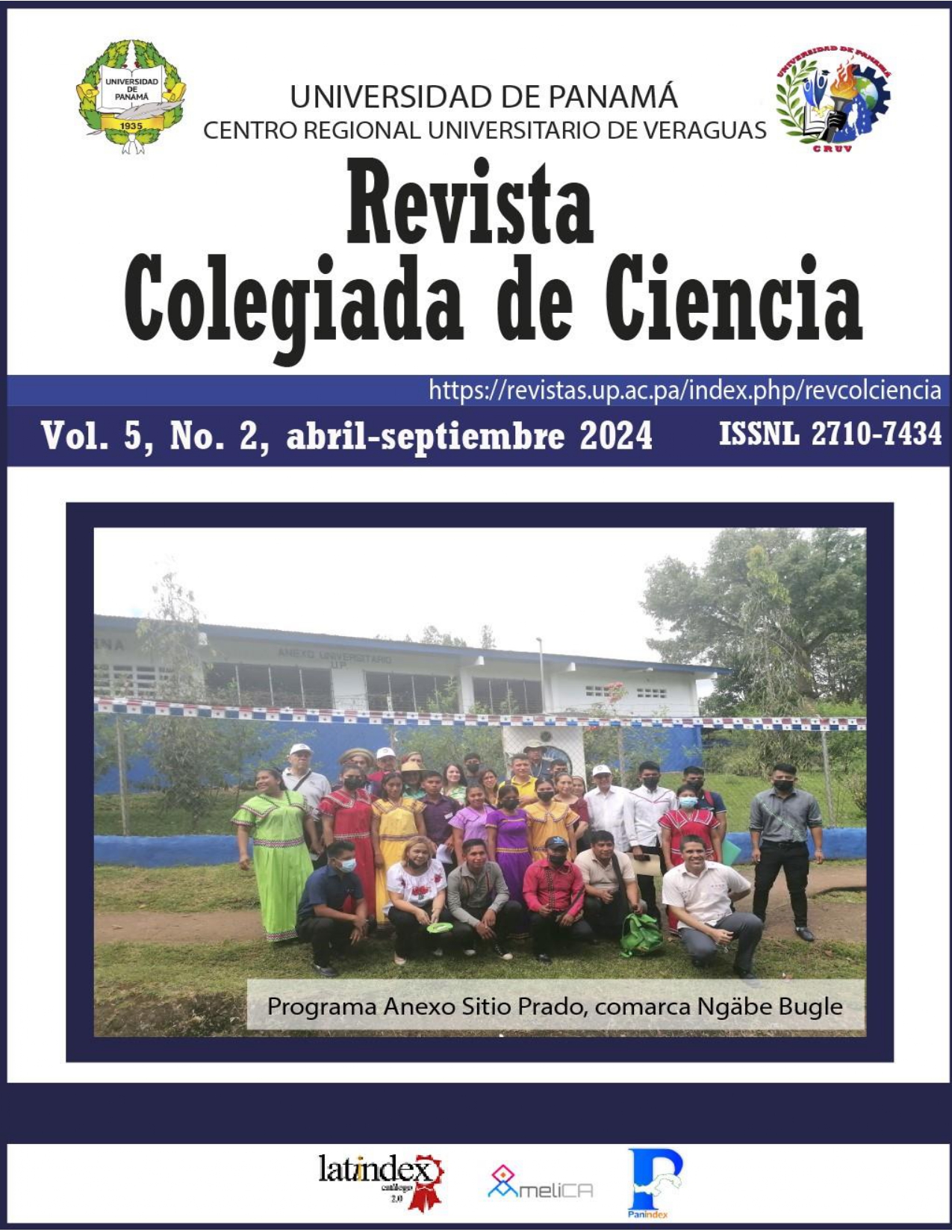

Investigación con enfoque mixto, cuali-cuantitativo, abordaje etnográfico con la técnica de grupos focales y de encuesta respectivamente, según cada enfoque; el propósito fue contrastar las apreciaciones de los informantes sobre su aprendizaje en dos modalidades de enseñanza (presencial y virtual) vs el rendimiento académico en ambas modalidades de enseñanza, como resultado medible de ese proceso de aprendizaje. Para desarrollar los dos paradigmas, se estudiaron en total 58 informantes/encuestados estratificados según el nivel de estudio de la carrera. Dos instrumentos según cada enfoque, una entrevista semi estructurada con diez preguntas orientadoras y una encuesta con ocho preguntas cerradas. La captación de información y su análisis se hizo a través de la filmación de la sesión síncrona de la entrevista semiestructurada de cada grupo focal; y un formulario en línea para la encuesta que se aplicó en la misma sesión síncrona. Apreciaciones: el aprendizaje en la virtualidad es parcial, excluyente de las competencias requeridas para la práctica, las limitantes incluyen tecnológicas, de conectividad en el hogar, carencia de ambientes adecuados en el hogar; la motivación fue positiva por la experiencia nueva (modalidad virtual), por el cumplimiento de horarios y variedad de estrategias didácticas de los profesores, pero fue negativa por el cansancio de las largas jornadas y por la percepción de no alcanzar todas las competencias técnicas.
La salud afectada por obesidad, dolor de espalda, agotamiento visual, cefaleas, agotamiento mental y físico, aislamiento social. Hubo satisfacción por la modalidad virtual ya que ahorra gastos, pero, la satisfacción se afectó por la variedad de plataformas utilizadas y la baja calidad de enseñanzas prácticas. No hubo diferencias estadísticas significativas en el rendimiento académico alcanzado en las dos modalidades de enseñanza.